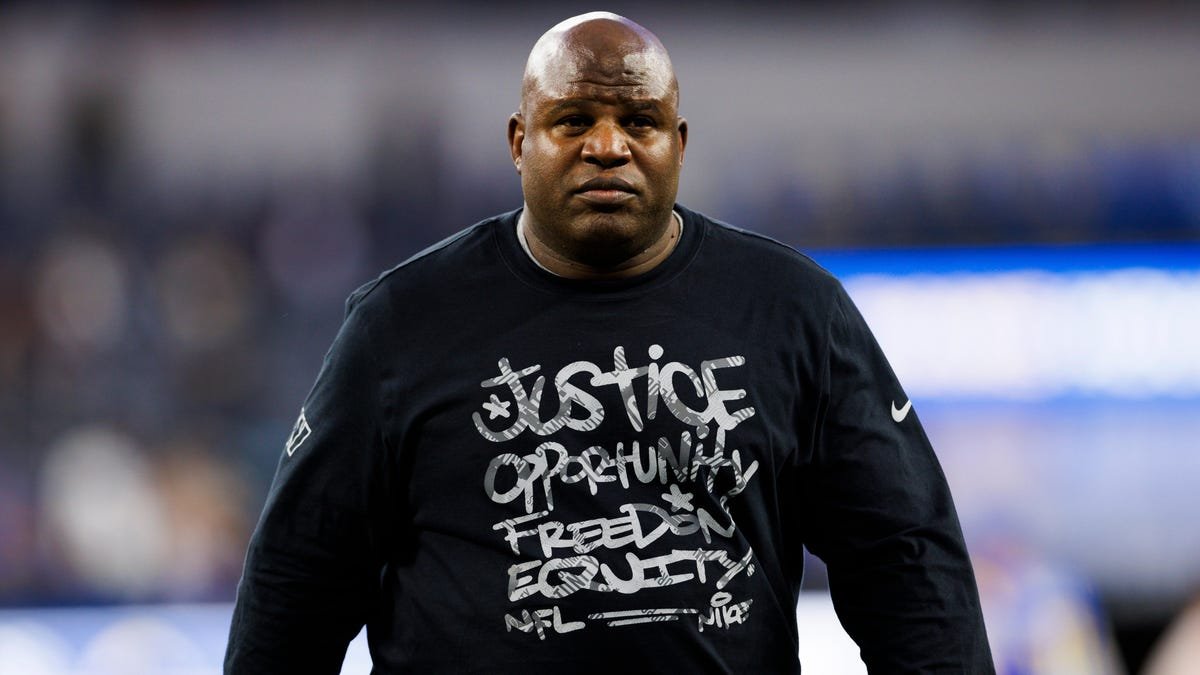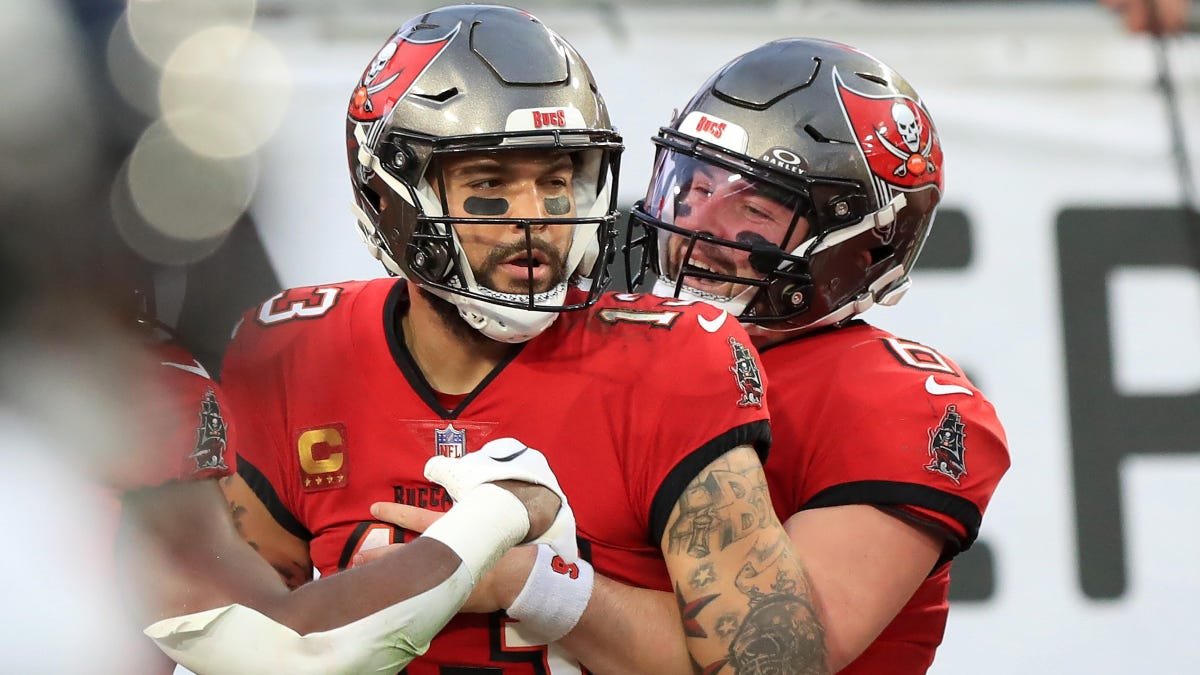The Toronto Maple Leafs have made headlines with their recent signing of William Nylander to an eight-year, $92 million extension. This move has effectively eliminated the looming free-agent apocalypse that was expected to hit Toronto next summer. Prior to this signing, Auston Matthews and William Nylander were both nearing unrestricted free agency, while John Tavares and Mitch Marner were still a couple of years away. However, with Nylander now locked up, the Leafs have secured their core group of players for the foreseeable future.
The Leafs’ Big 4, consisting of Matthews, Nylander, Tavares, and Marner, have faced criticism for their lack of success in the playoffs. With only one playoff series win to their name, there will undoubtedly be increased scrutiny on these players come springtime. As the highest-paid players on the team, they are expected to perform at a high level and deliver results. However, it would be unfair to place the blame solely on them.
The Leafs’ problems extend beyond their star players. Having top-tier talent is not the issue; rather, it’s about building a well-rounded team and finding the right supporting cast. Nylander’s contract, though substantial, is not any more burdensome than other players making similar salaries across the league. As long as he continues to produce, his contract will not be a hindrance.
In fact, Nylander has been a standout performer this season, even while playing on the second line with Tavares and Tyler Bertuzzi. He is currently in the top five in scoring and consistently makes an impact on the ice. Watch any Leafs game, and it’s Nylander who stands out with his skill and playmaking ability.
While the Leafs will be the only team with four players making over $10 million, there are a couple of factors to consider. Firstly, the salary cap will increase after this season, providing some relief. Additionally, the Leafs will have additional cap space once contracts like TJ Brodie’s and Max Domi’s come off the books. With these factors in mind, the Leafs should have enough flexibility to address any needs that arise.
Critics argue that the Leafs’ lack of success in the playoffs is due to their inability to find the right supporting players. However, there are plenty of players available at similar price points who can contribute in the postseason. The issue lies in the Leafs’ inability to identify and acquire these players. Whether it was former GM Kyle Dubas or current GM Brad Treliving, the team has struggled to find the right pieces to complement their star players.
Another area of concern for the Leafs is their defense. No matter how much they pay Nylander or any other player, it won’t solve their defensive issues. The Leafs have historically opted for slower, physical defensemen instead of puck-moving, fast-skating players. Teams like the Vegas Golden Knights, Colorado Avalanche, and Tampa Bay Lightning have found success with defensemen who can contribute offensively. The Leafs need to adopt a similar approach and prioritize speed and puck-moving ability on their blue line.
Furthermore, the Leafs have struggled to develop and integrate players from their own system into the lineup. Aside from a few exceptions, they have not been able to produce impactful players through their drafting and development process. This inability to find cost-effective contributors has hindered the Leafs’ ability to build a complete team.
Ultimately, the Leafs possess what every other team desires: a core group of talented players. Rebuilding and contending teams alike strive to acquire top-end talent like the Leafs have. While there are valid criticisms to be made about the team’s performance in the playoffs, it’s important to recognize that success in the postseason is a collective effort. The Leafs must address their roster construction, defensive shortcomings, and player development if they want to maximize the potential of their star players.
In conclusion, the signing of William Nylander to a long-term extension is a significant move for the Leafs. It solidifies their core group of players and eliminates the impending free-agent apocalypse. Nylander’s contract, while sizable, is not the root of the Leafs’ problems. The team must focus on building a well-rounded roster, addressing their defensive shortcomings, and finding cost-effective contributors. Only then can they maximize the potential of their star players and make a deep playoff run.





